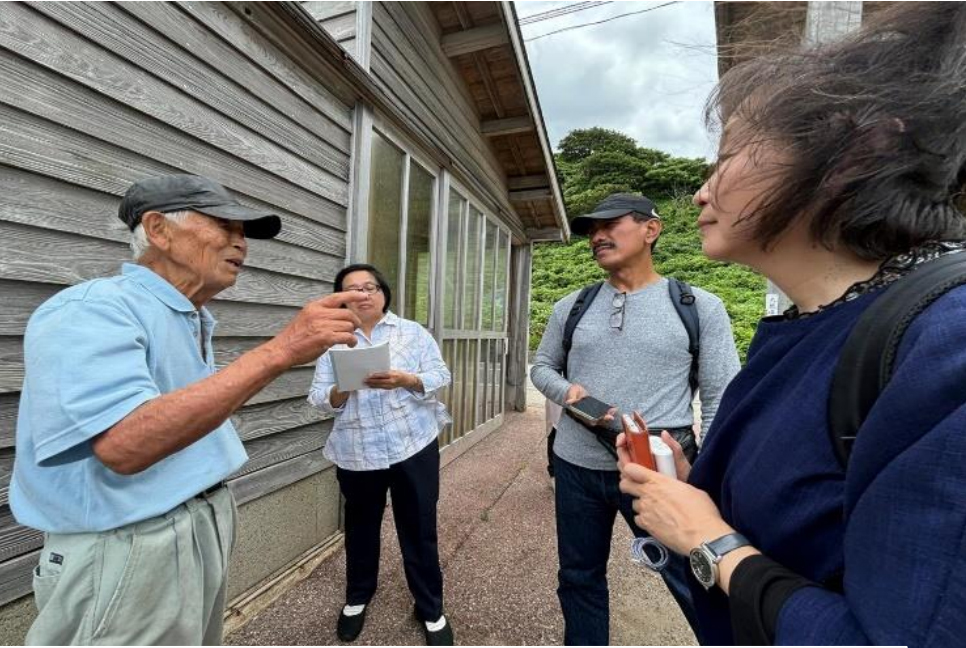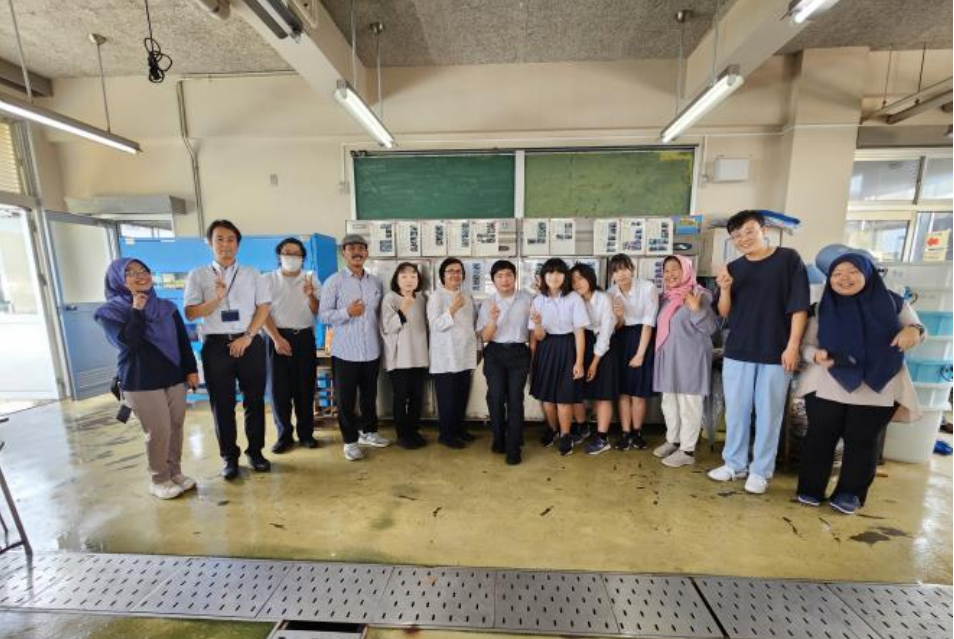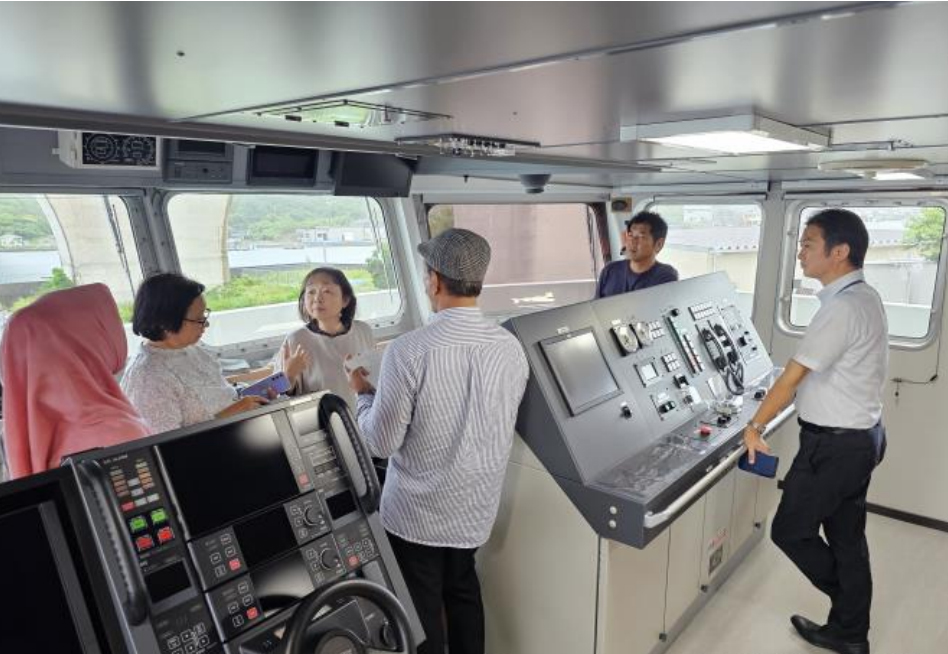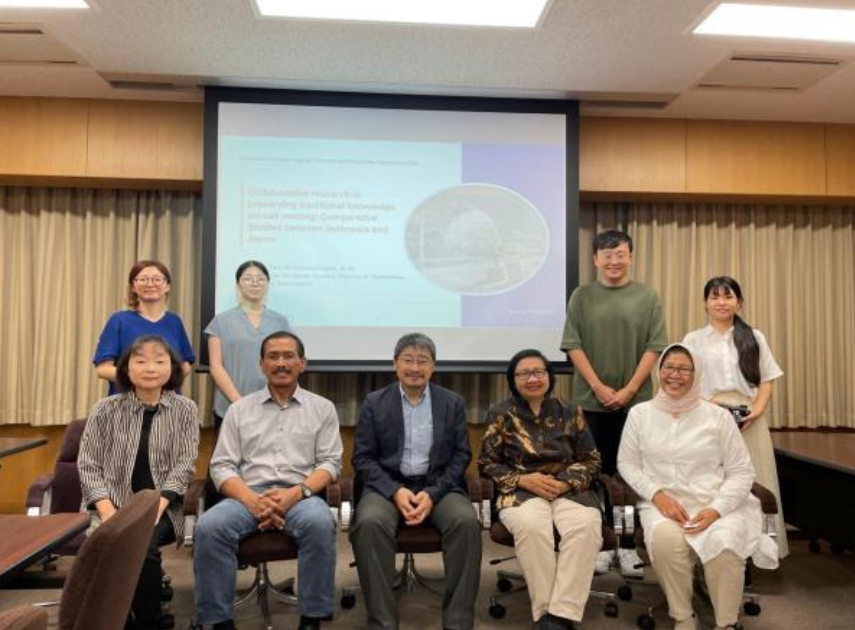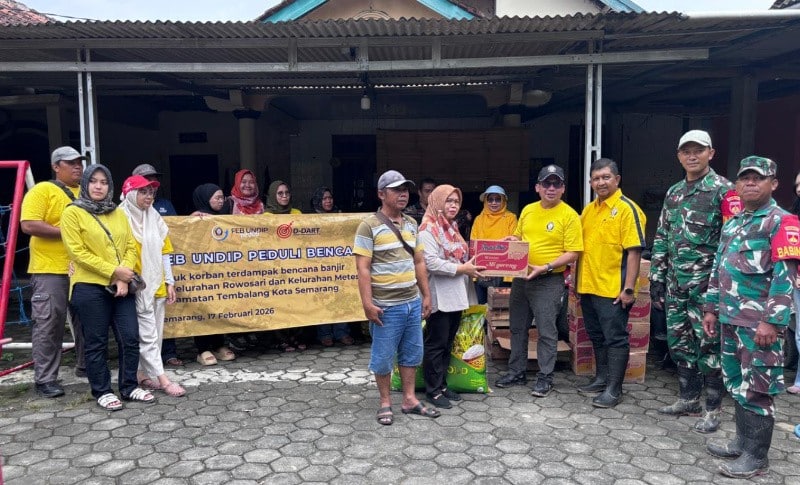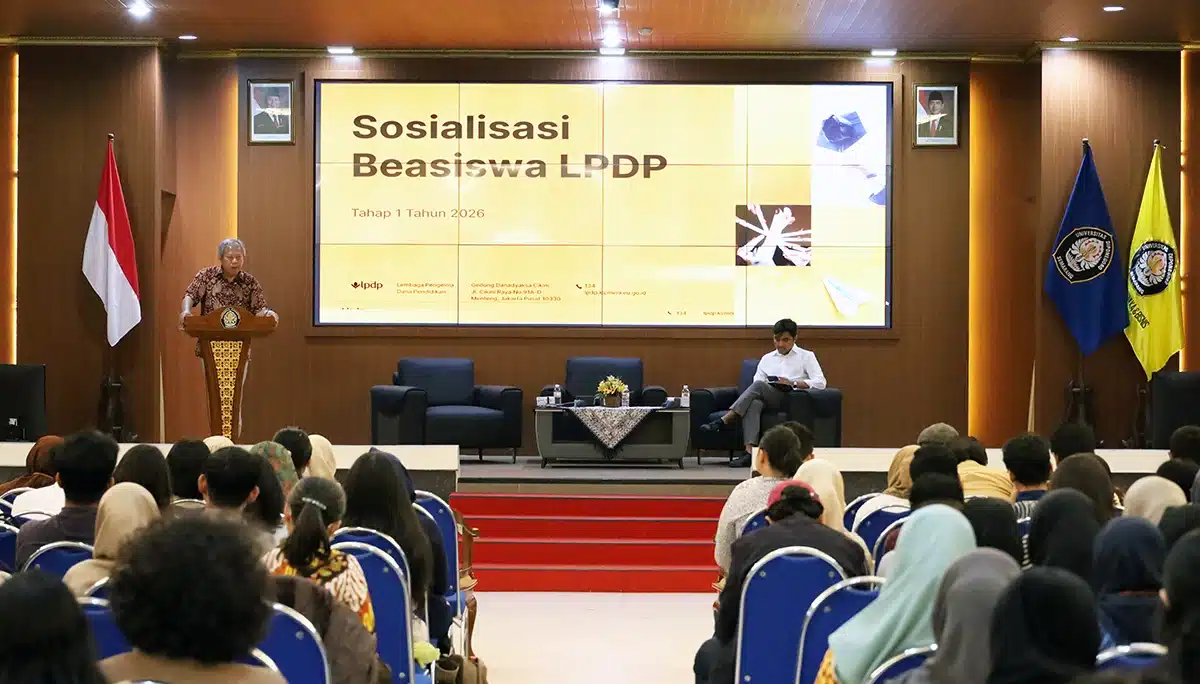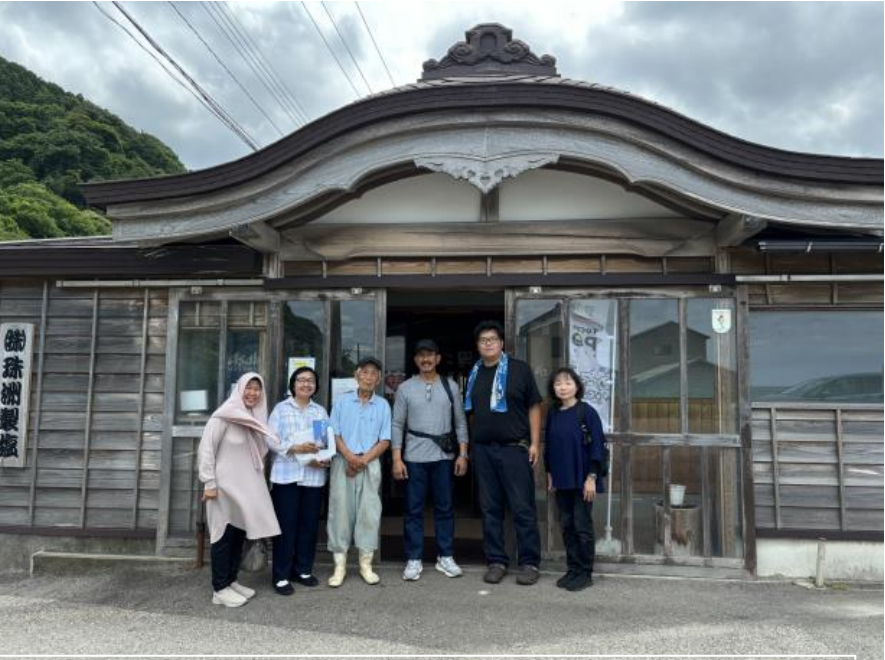A collaboration between the Center for Asian Studies (PSA) at the Faculty of Humanities, Diponegoro University, and the Graduate School of Education and Human Development at Nagoya University, Japan, includes three UNDIP Professors—Prof. Dr. Yety Rochwulaningsih, M.Si. and Prof. Dr. Singgih Tri Sulistiyono from the Faculty of Humanities, and Prof. Endang Larasati from the Faculty of Social and Political Sciences—along with Noor Naelil Masruroh, a lecturer from the Faculty of Humanities and a doctoral program student, to conduct a series of academic activities from July 4-14, 2024. These activities were in collaboration with Prof. Dr. Mina Hattori and her team from the Graduate School of Education and Human Development at Nagoya University.
The academic activities consisted of preliminary research conducted jointly by teams from Diponegoro University and Nagoya University. The preliminary research will be followed by intensive research in 2025, with the results to be published in high-impact international journals to support UNDIP’s achievement as a World-Class University (WCU). Three activities took place from July 4-14, 2024: field research in Suzu, field research in Mie, and a Focus Group Discussion (FGD) at the Graduate School of Education and Human Development campus.
The field research in Suzu aimed to conduct a comparative study on the preservation of traditional salt-making knowledge in Suzu, Ishikawa-ken, Japan. Traditional salt-making in Suzu is still practiced and has survived to this day. The research teams from both universities conducted observations and interviews with business owners and workers. Preliminary data indicated that salt-making knowledge in Suzu has existed since the Edo period (17th century) and continues to exist despite fluctuations due to government regulations and natural disasters.
Institutionally, the salt business in Suzu has received international recognition and protection through the Globally Important Agricultural Heritage Systems (GIAHS) from the Food and Agriculture Organization (FAO). Salt-making in Suzu is also managed professionally as a profitable business and is an essential source of income for both business owners and workers. Traditional salt-making in Suzu shows some similarities and significant differences with practices in Indonesia, including in Aceh, Bali, and Lombok.
The field research in Mie focused on studying island management through vocational education with a comparative study between Karimunjawa, Central Java, Indonesia, and Shima-cho, Mie-ken. UNDIP and Nagoya researchers visited Shima Island, Mie-ken, to conduct interviews and field observations at Mie Fisheries High School (三重県立水産高等学校). Interviews were conducted with the Principal, Vice Principal, and eight male and female students. The school has four departments: (1) Marine Science, (2) Fisheries Technology, (3) Aqua Design, and (4) Aqua Food. Each department has laboratories with highly representative facilities to meet learning achievement needs. The school also has two ships: (1) a 592 GT ship for students’ practical sailing up to foreign waters, equipped with a mini factory for making ship spare parts; and (2) a 100 GT ship for national Japanese waters. Established in 1902, the school is one of the favorite vocational schools among the public. Its presence reflects how vocational education in island areas is thoughtfully managed and is a government commitment as a maritime country. Moreover, the vocational education institution’s presence contributes to the community through integrated learning activities that tangibly help the community’s socio-economic life, such as abalone (鮑) cultivation by Aqua Design students, which is then returned to the sea for harvesting by female divers (海女).
During the Focus Group Discussion held by Nagoya University on July 11, 2024, Prof. Dr. Yety Rochwulaningsih, M.Si. proposed the idea of a comparative study on the preservation of traditional salt production knowledge in Japan and Indonesia as a potential research collaboration topic between UNDIP and Nagoya University. In the same forum, Prof. Dr. Endang Larasati, M.S., proposed the importance of collaborative research on a comparative study of vocational education management in maritime countries between Indonesia and Japan.
These two issues are significant for UNDIP and Nagoya University, and both parties have agreed to follow up on them in academic activities, including joint research and international publications to be carried out in 2025.
Previously, the Graduate School of Education and Human Development at Nagoya University, Japan, also offered Noor Naelil Masruroh, S.Hum., M.Hum., a lecturer from the Department of History, Faculty of Humanities UNDIP, the opportunity to pursue a PhD program at Nagoya University with a scholarship from the Japanese Government MEXT through a U to U selection mechanism. She was officially accepted as a doctoral program student starting in April 2024. Additionally, Prof. Dr. Singgih Tri Sulistiyono, M.Hum., participated in a Visiting Professor program from April to July 2024, funded by Nagoya University. Moreover, collaborative publication efforts in international journals are ongoing regarding the challenges faced by higher education institutions in Indonesia in achieving WCU status.
